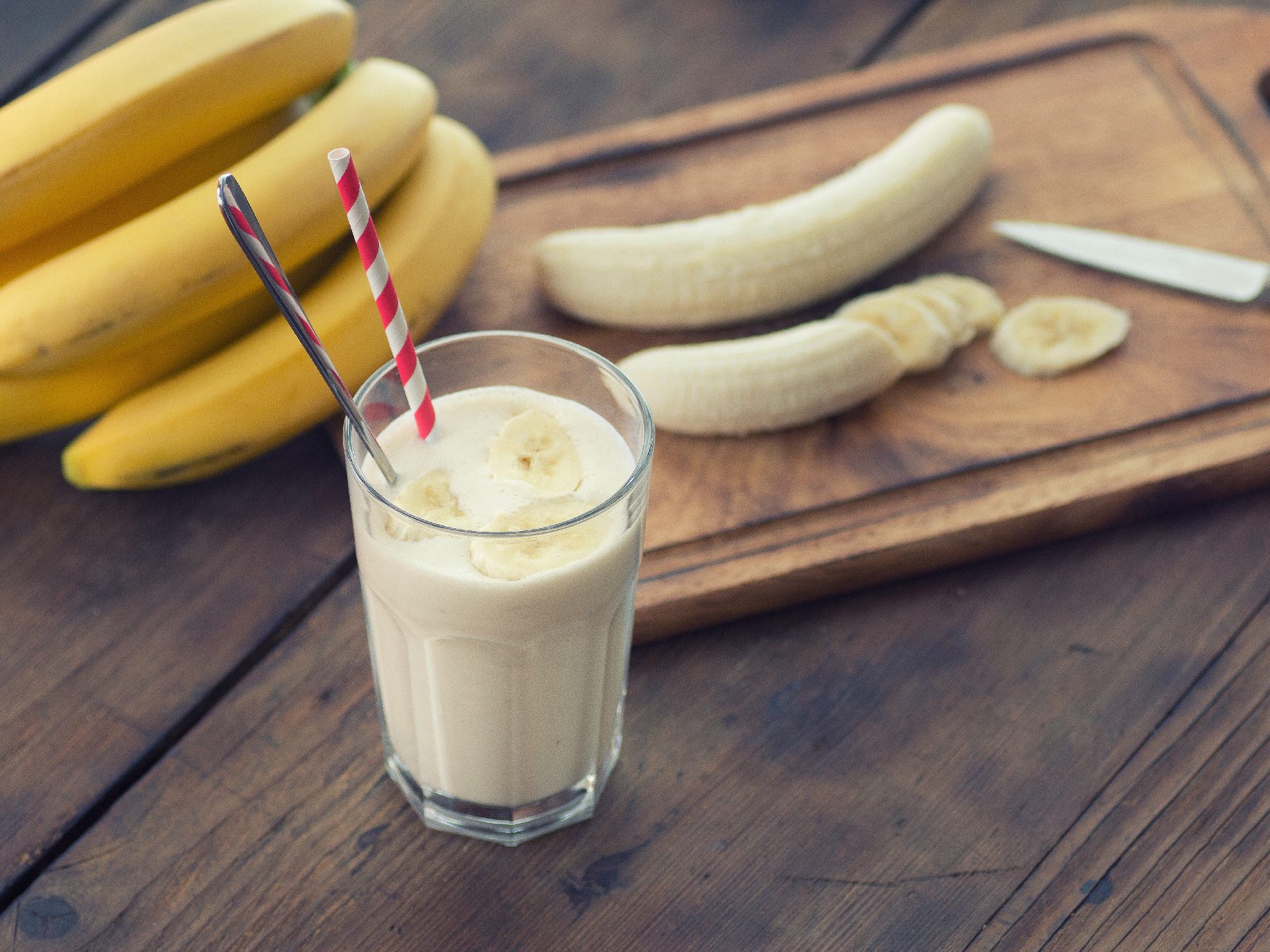
Eat Foods Rich in Tryptophan
Tryptophan is an amino acid that the body uses to produce serotonin, which slows nerve activity and calms the brain. Eating foods rich in tryptophan, such as turkey, milk, cheese, peanuts, and bananas, could help you lull off to sleep a little quicker.
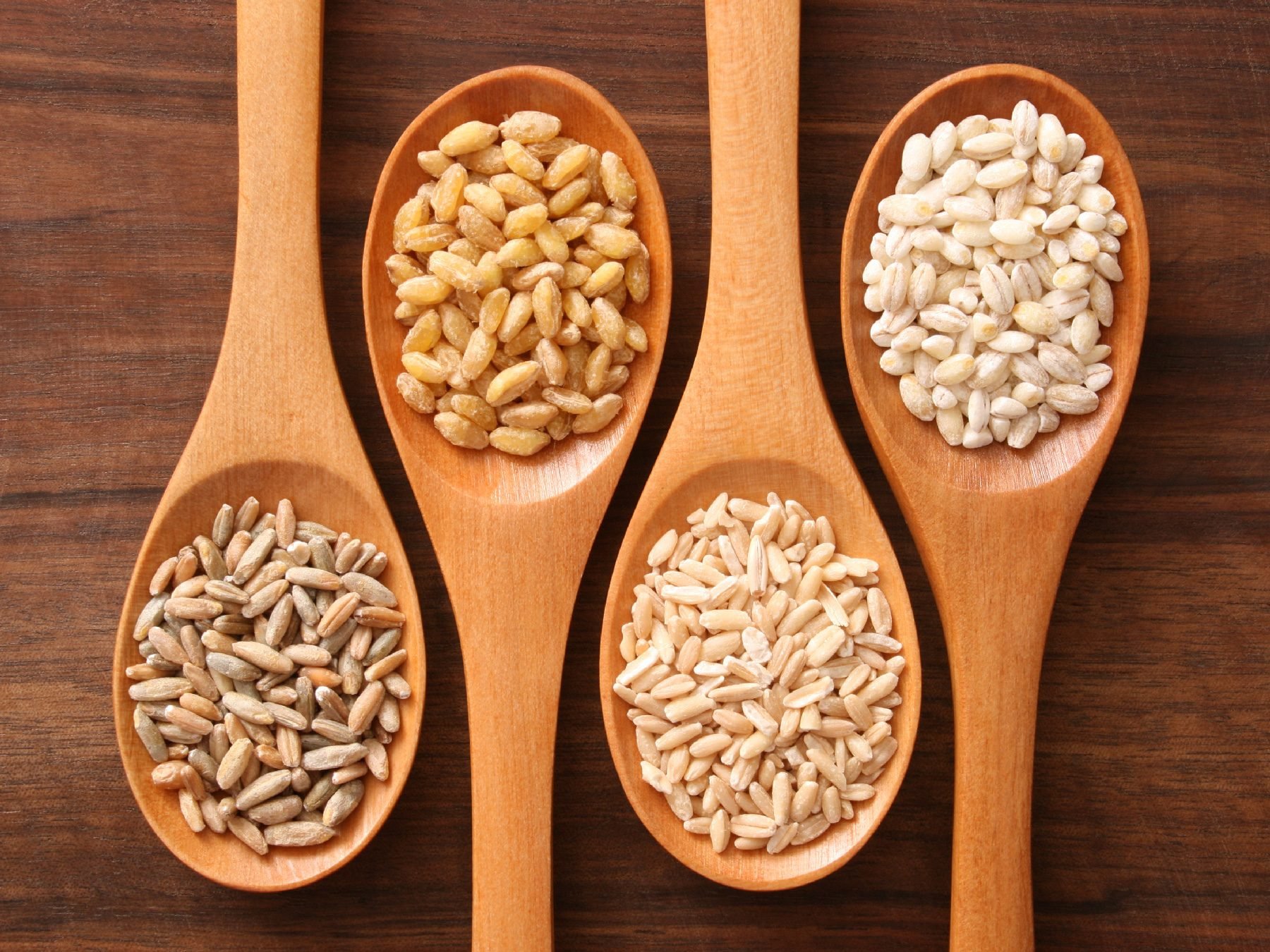
Focus on Whole Grains
Aim to make three of your daily carbohydrate servings whole grain. You can achieve this by having a small bowl of whole-grain cereal, a slice of whole-grain bread, or a half cup of brown rice or barley. Some experts even recommend having a bedtime snack consisting of complex carbohydrates, which can help prevent low blood sugar, which could contribute to poor sleep.
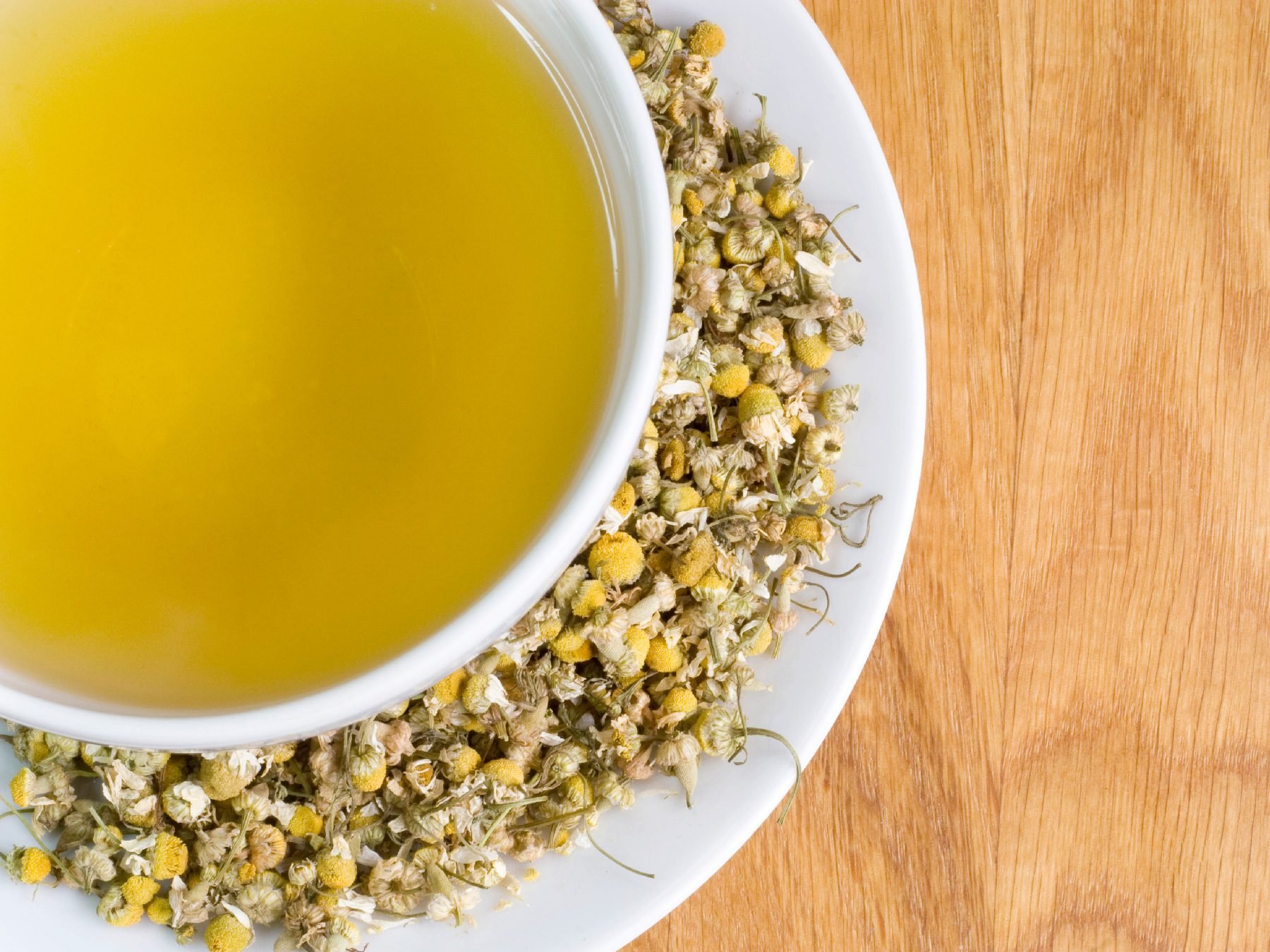
Try Chamomile Tea
Sometimes all it takes to fall asleep is going to bed with the confidence that you will fall asleep. A nice cup of warm tea before bed will probably help you drift off nicely.
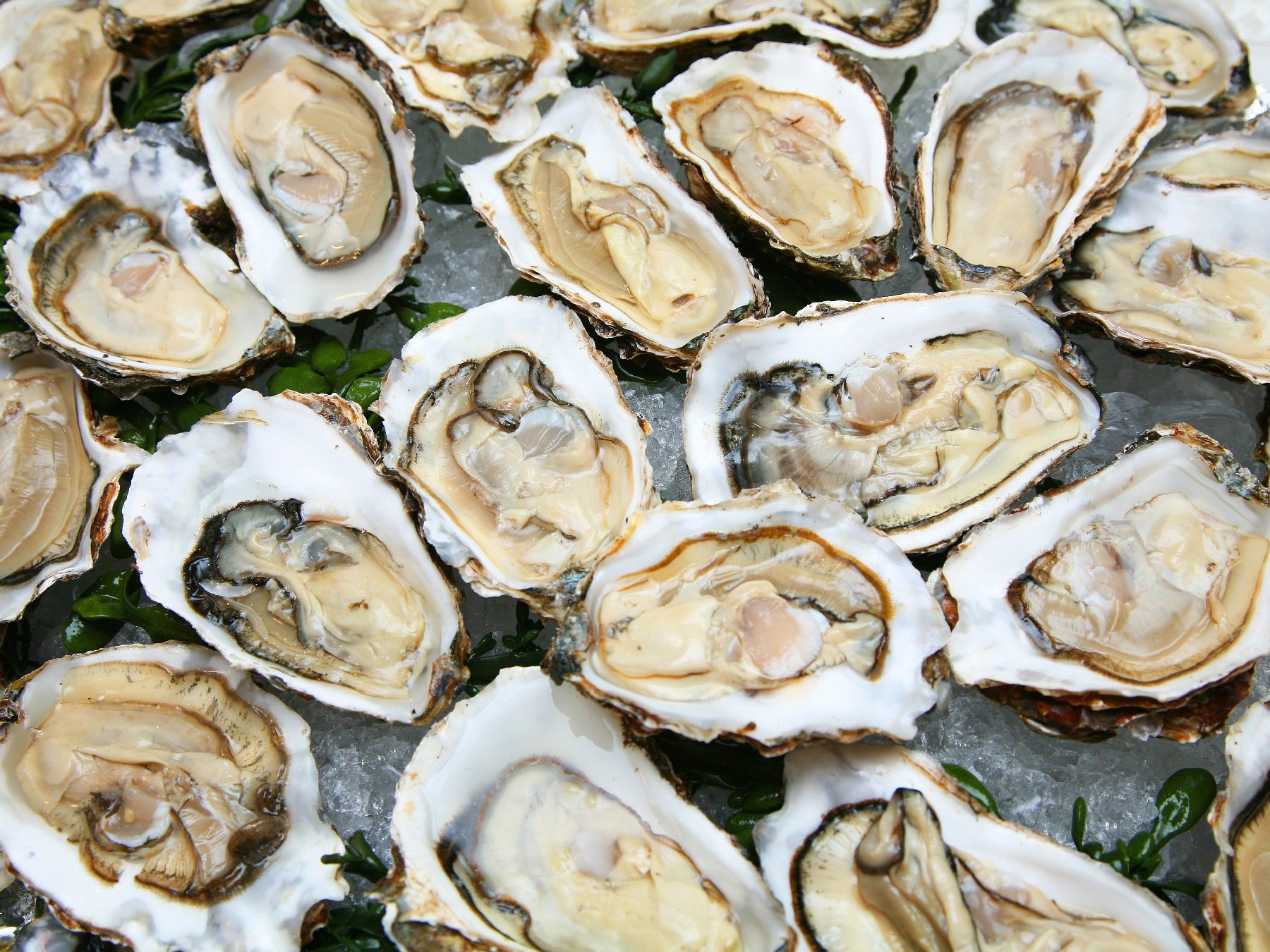
Eat Iron-Rich Foods
Eating more iron-rich foods such as red meat, shellfish, clams, tofu, lentils, or beans. If restless legs keep you awake, it’s possible you could have a form of anemia caused by iron deficiency; consult a doctor to know for sure. When eating more meats, eat it for lunch rather than dinner because its protein could counteract the sleep-inducing serotonin.

Drink Water
Or juice. Drink anything but coffee, hot chocolate, or tea within six to 10 hours of bed. Studies show that the caffeine in even one cup will rev your circuits enough to reduce both the length and restorative depths of sleep. It may also wake you during the night for a trip to the bathroom.

Have Your Wine Before Dinner
Despite its reputation, alcohol sipped at later times in the night keeps you in the lighter, less restorative stages of sleep in which you’re likely to wake if the dog so much as turns over in his bed.

Take a Multivitamin With Minerals
Vitamins can help you get a good night sleep, especially if you’re deficient in them. Several B vitamins are important for both brain function and to help regulate mood and sleep. Be cautious not to take more than the amount of iron in a multivitamin unless prescribed by your doctor as too much could be harmful.
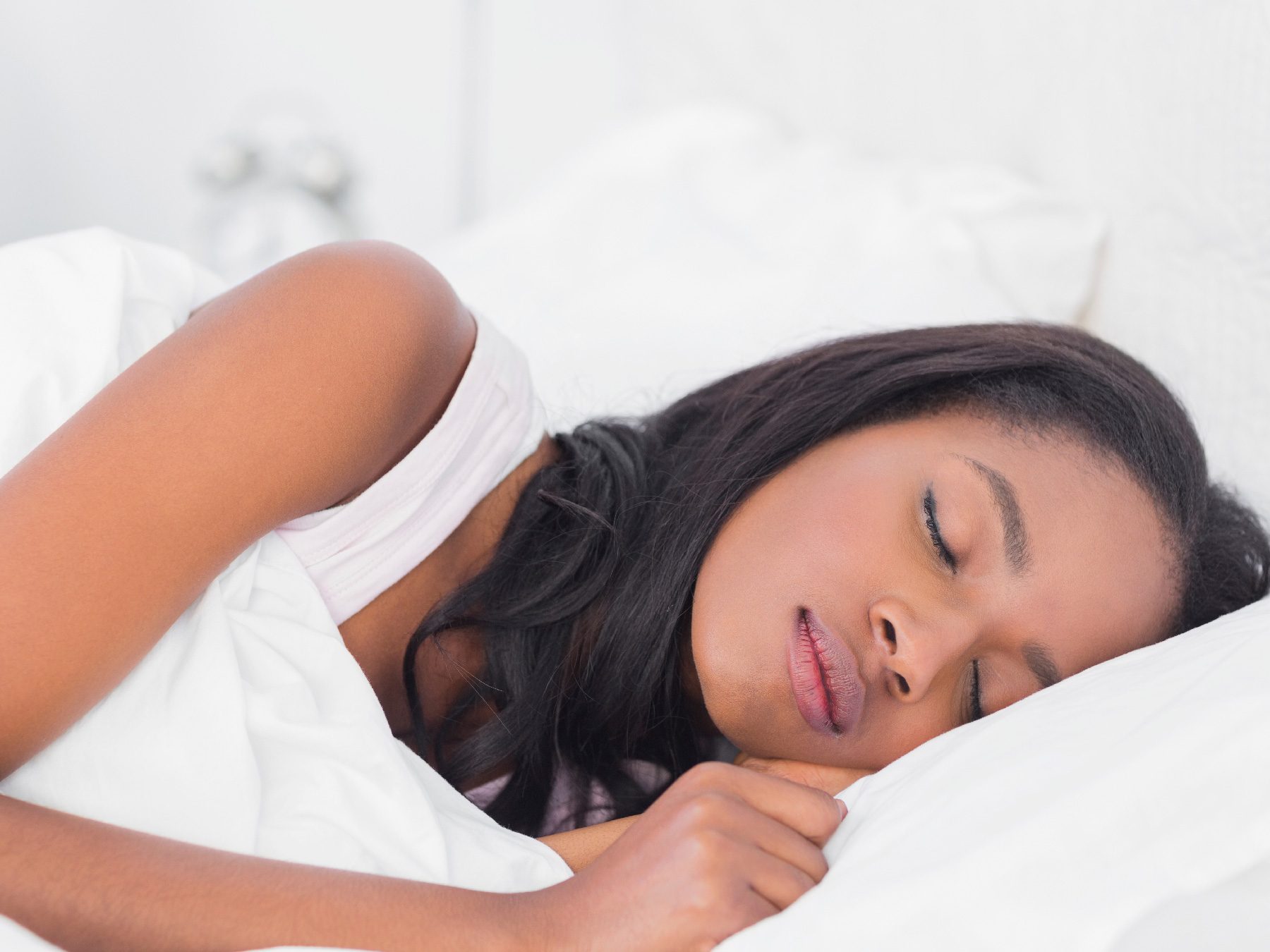
Consider a Magnesium Supplement
This mineral is involved in the production of sleep-inducing serotonin. If sleep is an issue, consider trying 100-300 milligrams before bed.
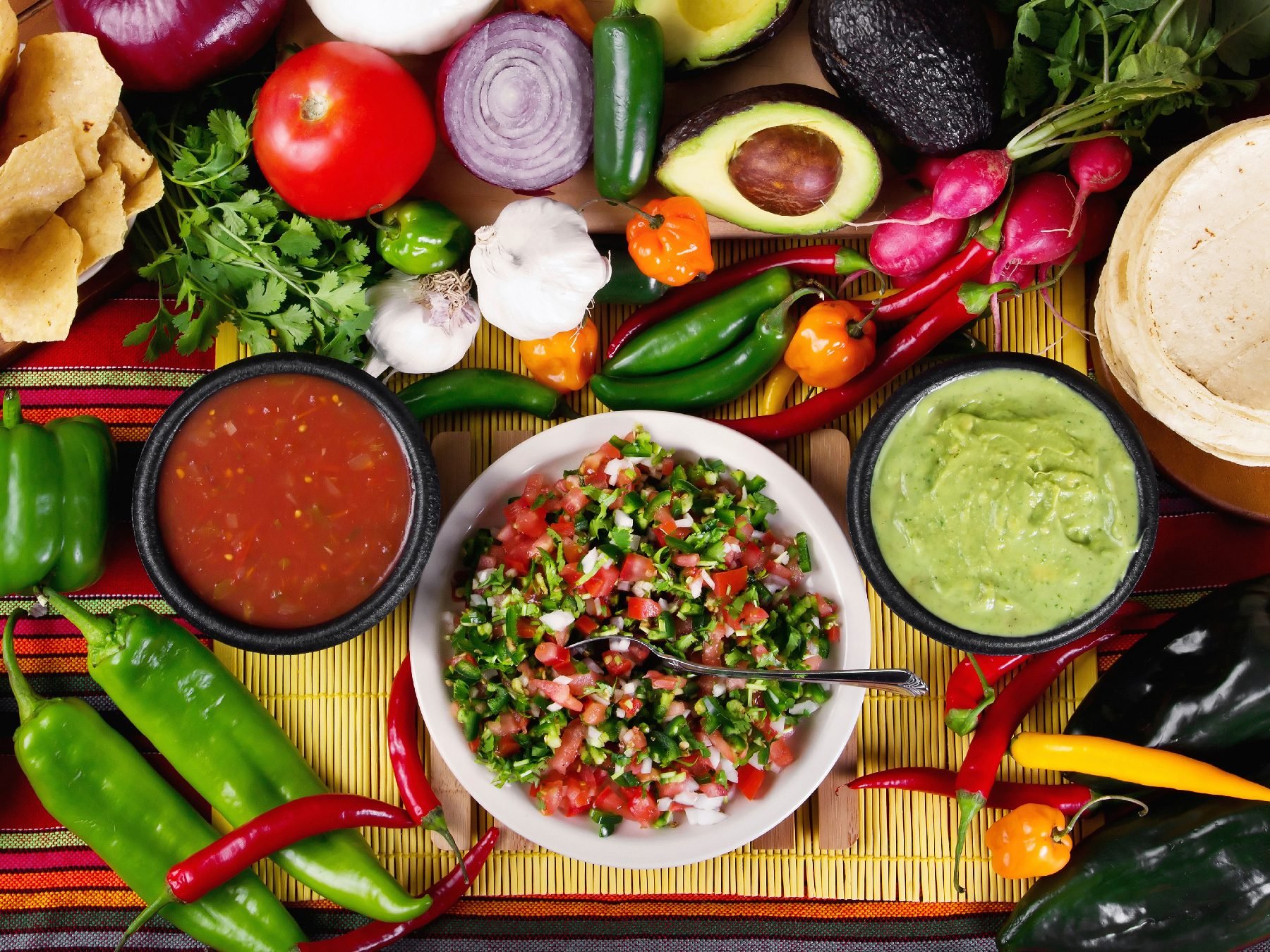
Make Lunch Bigger Than Dinner
Big dinners prolong digestion and when you’re body is working to digest, you might not sleep so soundly. Eat your biggest meal in the afternoon and have a light supper a few hours before bedtime. Steer clear of spicy foods and other triggers for indigestion or heartburn as both will interfere with your slumber.
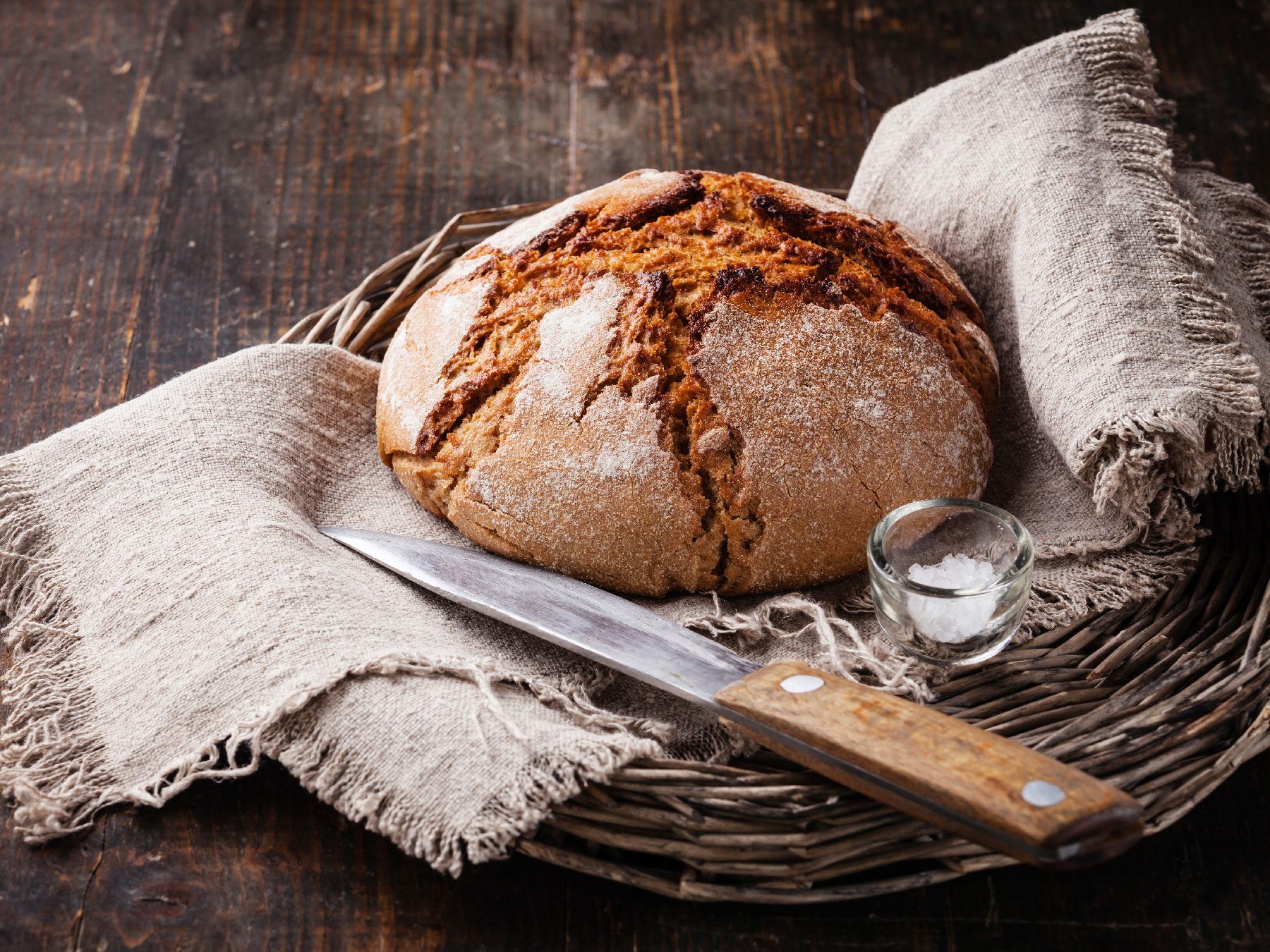
Think Carbs at 6 p.m.
If you are generally healthy and your weight is in check, a serving of refined carbs at dinner might be what you need for a better night’s sleep. Remember though, most healthy diets shy away from simple carbs such as white rice, pasta, and bread, so don’t go overboard.